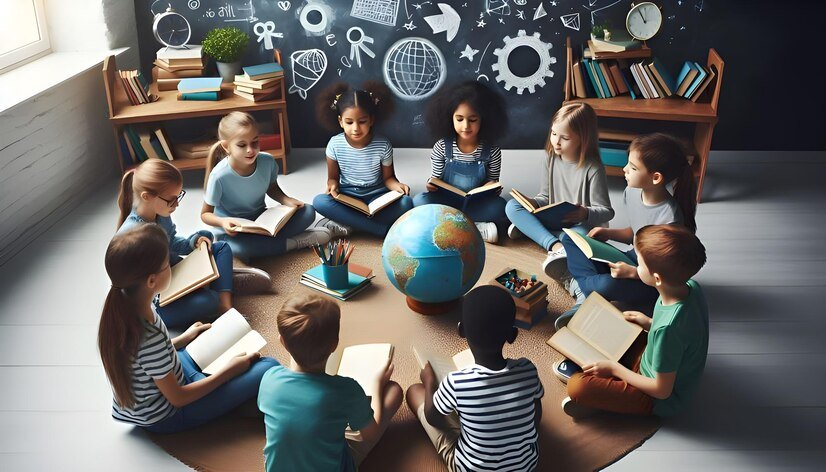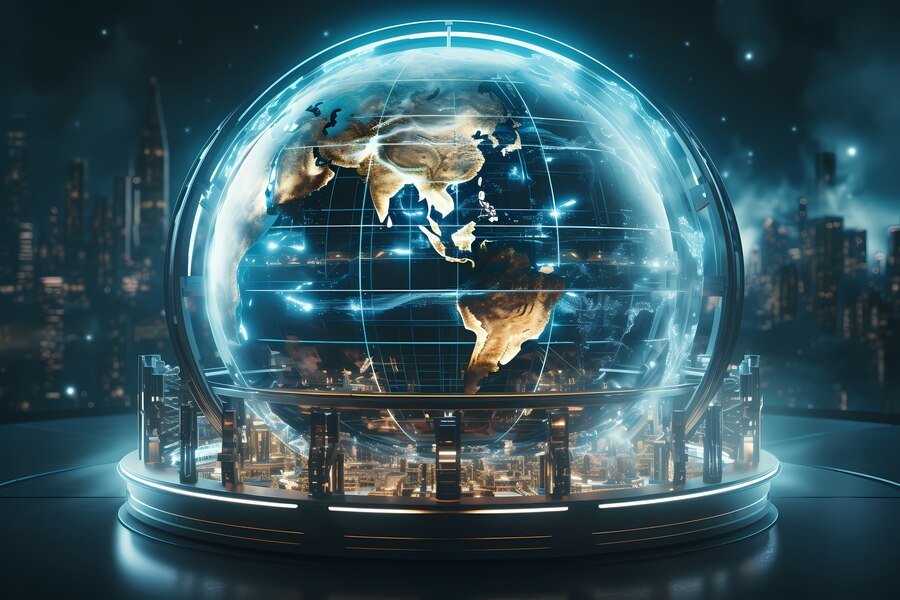What Is The Cultural Impact Of Globalization?

Globalization is often seen as an economic process that connects markets, goods, and services across borders. However, its cultural impact is just as significant. By facilitating the exchange of ideas, lifestyles, and traditions, globalization has reshaped how cultures interact with one another. It has resulted in a more interconnected world where cultural boundaries blur, but it has also sparked debate about the preservation of local identities and the homogenization of cultures.
The Spread of Popular Culture
One of the most visible impacts of globalization is the spread of popular culture. Western, especially American, culture has penetrated almost every corner of the world through films, music, fast food chains, and fashion brands. Icons like McDonald’s, Coca-Cola, and Hollywood blockbusters have become symbols of globalization, influencing local customs, language, and consumption patterns. The global reach of pop culture has, on one hand, facilitated cultural exchange and global understanding but, on the other hand, raised concerns about cultural imperialism, where dominant cultures overshadow smaller, less influential ones.
Hybridization of Cultures

Globalization has also led to the hybridization of cultures, where elements from different traditions blend to create new forms of cultural expression. For example, fusion cuisine, a mix of culinary traditions from various regions, is a byproduct of globalization. Music genres like K-pop combine Western pop influences with Korean culture, gaining global popularity. Hybridization shows that globalization is not a one-way street; rather, it is a dynamic exchange where cultures borrow, adapt, and blend with each other. This fusion enriches cultural diversity and fosters innovation.
Preservation vs. Homogenization
While globalization promotes cultural exchange, it also poses a threat to cultural diversity. Many traditional cultures and languages are at risk of disappearing as global culture, driven by technology and media, dominates. This cultural homogenization, where local cultures fade in favor of global trends, raises concerns about the loss of heritage and identity. Communities may struggle to preserve their cultural practices, languages, and values in a rapidly globalizing world.
However, globalization has also inspired movements to preserve indigenous cultures and traditions. Increased global awareness has led to the revival of endangered languages, the protection of cultural sites, and the promotion of traditional art forms. Organizations such as UNESCO work to safeguard cultural diversity by identifying and protecting intangible cultural heritage.
The Role of Technology

Technology plays a crucial role in the cultural impact of globalization. The internet, social media, and mass media have made it easier for cultures to interact and influence one another. Platforms like Instagram, YouTube, and TikTok allow individuals from diverse backgrounds to share their experiences, values, and customs with the world. This democratization of cultural production has given marginalized cultures a platform to gain global recognition.
However, the rapid spread of digital technology also raises ethical concerns, such as cultural appropriation, where dominant groups adopt elements of minority cultures without proper understanding or respect. This can lead to misrepresentation and commercialization of cultural symbols, often diluting their meaning.
Economic Globalization and Cultural Changes

The economic aspects of globalization also have cultural implications. As multinational corporations expand into different regions, they introduce not only products but also work cultures and practices. This shift has an impact on local customs and social structures. For instance, the growth of the global gig economy has altered traditional work-life balance, changing family dynamics and social interactions in many parts of the world.
Similarly, the rise of international migration, driven by globalization, has created multicultural societies where diverse cultural practices coexist. While this can lead to greater tolerance and understanding, it can also result in cultural clashes and tension as societies grapple with integrating different values and traditions.
Also Read : What Is Media Analysis? Exploring Its Importance And Techniques
Conclusion
Globalization’s cultural impact is multifaceted, bringing both benefits and challenges. While it fosters greater understanding and innovation through cultural exchange and hybridization, it also raises concerns about the preservation of local identities and traditions. In a globalized world, the balance between embracing global culture and protecting local heritage is crucial to maintaining cultural diversity. The future of globalization will depend on how societies navigate these complex cultural interactions.
By embracing the opportunities globalization offers while safeguarding cultural diversity, we can create a more inclusive world where cultures thrive and evolve.
FAQs
Q. What are the positive cultural impacts of globalization?
Globalization promotes cultural exchange, broadens perspectives, and fosters creativity through hybridization. It allows for the global sharing of ideas, traditions, and innovations, enriching cultural diversity.
Q. How does globalization threaten cultural diversity?
Globalization can lead to cultural homogenization, where dominant cultures overshadow local ones. This can result in the loss of traditional languages, customs, and values as global culture becomes more pervasive.
Q. Can globalization help preserve cultures?
Yes, globalization has brought global attention to endangered cultures and languages. International organizations and platforms work to preserve and promote cultural heritage, often as a response to the threats posed by globalization.
Q. How does technology affect cultural globalization?
Technology facilitates cultural exchange by connecting people worldwide. It has made it easier for individuals to share their cultural practices, but it also raises concerns like cultural appropriation and the spread of misinformation about cultures.
Q. What role does migration play in cultural globalization?
Migration contributes to the creation of multicultural societies, where diverse cultures coexist. While it promotes cultural exchange and tolerance, it can also lead to social tensions as different cultural practices are integrated.




